Europe Is Reliving Its ‘Great Illusion’
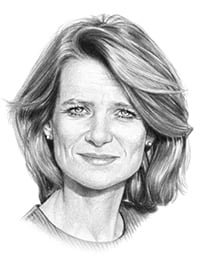
Europe Is Reliving Its ‘Great Illusion’
What a book published more than 100 years ago tells us about the continent’s self-deceptions today.
Foreign Policy illustration
“The great nations of Europe do not destroy the trade of the small nations for their own benefit, because they cannot; and the Dutch citizen, whose Government possesses no military power, is just as well off as the German citizen, whose government possesses an army of two million men, and a great deal better off than the Russian, whose Government possesses an army of something like four million. … All of which carries with it the paradox that the more a nation’s wealth is militarily protected the less secure does it become.”
That is a key passage from The Great Illusion by Norman Angell (1872-1967), first published in 1909. Today, this book, which became very influential just before the outbreak of the Second World War, could serve as a mirror for all those saying that European rearmament is useless because Russian President Vladimir Putin cannot afford or will not be strong enough to attack a European country anyway.
“The great nations of Europe do not destroy the trade of the small nations for their own benefit, because they cannot; and the Dutch citizen, whose Government possesses no military power, is just as well off as the German citizen, whose government possesses an army of two million men, and a great deal better off than the Russian, whose Government possesses an army of something like four million. … All of which carries with it the paradox that the more a nation’s wealth is militarily protected the less secure does it become.”
That is a key passage from The Great Illusion by Norman Angell (1872-1967), first published in 1909. Today, this book, which became very influential just before the outbreak of the Second World War, could serve as a mirror for all those saying that European rearmament is useless because Russian President Vladimir Putin cannot afford or will not be strong enough to attack a European country anyway.
This so-called rational argument is made not only by some far-right and far-left parties in Europe—such as Germany’s Alternative for Germany or Left Party, or the Netherlands’ left-wing Party for the Animals, whose senators oppose increased defense spending because “there is no proof” of Russia’s intentions to attack a NATO country. It is also made by the exiled Russian economist Vladislav Inozemtsev, who recently wrote that Russia “possesses enough resources to continue its war against Ukraine and try to exhaust it further, but it definitely cannot afford another large war against an additional adversary.”
Especially in Europe, which would become the theater of war in case of a Russian attack, The Great Illusion deserves to be read widely. Angell, a renowned British economist, journalist, and peace activist, lived in an age not unlike ours today—an age of globalization and rapid technological innovation.
Feverish economic activity and booming economies led Angell to conclude that the economic price of war had become too high for European countries. None of them, he thought, would be foolish enough to sacrifice their wealth for war. This, in turn, led him to believe that war between large European powers had become economically irrational because it yielded nothing.
“The citizens of Switzerland, Belgium, or Holland,” he wrote, “countries without ‘control,’ or navy, or bases, or ‘weight in the councils of Europe,’ or the ‘prestige of a great Power,’ are just as well off as Germans, and a great deal better off than Austrians or Russians.”
With that, the rationale for a large nation to conquer a small one—namely, to acquire greater wealth—had practically vanished. If war still happened to break out, Angell argued, it would be likely to soon stop anyway because all participants would realize how foolish it was. Economic interdependence was, in his view, the ultimate guarantor of lasting peace on the continent.
The Great Illusion hit bookstores at a time when European empires (some of them superpowers, dominating the world) were rapidly arming themselves. Just like today, war was in the air while at the same time seeming rationally impossible. Angell’s book struck a chord with readers uncomfortable with this paradox, reassuring them all would be fine. Translated into several languages and reprinted many times, The Great Illusion became a cult book.
A few years later, in 1914, World War I broke out. It was a new kind of war, a war of the trenches that lasted long and killed millions of people while decimating European economies. And while wars in the past had mostly involved soldiers, sparing the civilian population, this war harmed civilians more than ever before.
What makes the book interesting is that today, some skeptics of European rearmament use the same argument that Angell made more than a hundred years ago.
Acknowledging the fact that European defense budgets have been slashed for decades since the end of the Cold War—with the so-called peace dividend allowing governments to redirect the money to social welfare, for example—today’s skeptics argue that there is no need to defend Europe against Russian aggression because there will be no aggression.
While it is true that Putin has repeatedly demanded NATO to retreat from the Baltic countries and the others that have joined the alliance after 1997, they say, they argue that he is just bluffing: Since a Russian attack against a Baltic country would trigger a wider war against NATO, this could not possibly be in Putin’s interest. Russia’s economy is suffering from international sanctions. It can hardly sustain the war effort against Ukraine, let alone one against NATO.
Just before Russia’s full-scale invasion in Ukraine began in February 2022, the same line of argument prevailed. U.S. intelligence showed that Russia had moved almost 190,000 troops to its border with Ukraine. Still, very few believed an attack was imminent, with some arguing that it would “not fit into Moscow’s cost-benefit calculus.” Today, U.S. President Donald Trump’s Middle East and Russia envoy, Steve Witkoff, echoes similar views.
Putin often repeats that he will defend ethnic Russians no matter where they live, as he did in Georgia and Ukraine. Still, many think that the chances of Putin using this pretext to invade a European country are slim. After three years of war, Russia’s territorial conquest is minimal. As an international pariah, Russia has trouble sustaining its economy—Russia’s GDP is about the same as Spain’s. Would that not be Europe’s best deterrence?
Angell’s reasoning that war destroys precious wealth plays out in another way, too. Fearful of Russia and spurred on by the Trump administration’s demands on NATO members to spend up to 5 percent of GDP on defense, European governments are facing the classic choice: butter or guns?
Fresh money for defense has to come from somewhere. Many Europeans fear that social benefits will be slashed. In order to prevent this, French columnist Pierre-Cyrille Hautcoeur recently wrote in Le Monde, Europe’s response to Russia’s threat should not be rearmament “but the promotion of its social-democratic market model, defense of the multi-polar world and unconditional support for international law as an alternative solution to conflicts.”
This is a pure echo of Angell’s rational, economic arguments against his more fatalistic contemporaries, terrified of the “inevitable” war against Germany.
If there is one lesson to be learned from Putin’s wars in Chechnya, Georgia, Ukraine, and also Syria and North Africa, it is that economic rationale does not weigh heavily on his choice to use force. The decision to go to war to restore an old empire is irrational by definition.
If there is any consistency in Putin’s reasoning, it is that economic arguments hardly come into the equation. Unfortunately, many Europeans seem to have forgotten not just the experience of war itself, but also the insight in the reasons why nations go to war. Each time in the past 25 years that Putin threatened to invade a country, many reacted by saying that he will probably not do it. Each time, when Putin then did invade, they fell off their chairs in almost all European chancelleries because they didn’t expect it.
Two world wars eventually persuaded Norman Angell to admit that his theory—for which he received the Nobel Peace Prize in 1933—was flawed. In the early 1930s, he acknowledged that while it is crucial to uphold democratic values and norms, countries need to be able to defend themselves against foreign aggression, and that those who decide not to defend themselves are actually inviting war by turning themselves into easy prey. As the Romans said, si vis pacem para bellum—if you want peace, prepare for war.
In 1914, Angell campaigned hard to keep Britain out of the war. By 1940, he wanted it to join the war as soon as possible. Less than a decade later, he became a staunch supporter of NATO.
His book is still in print. For good reasons: It is packed with wise lessons for today’s world.
Caroline de Gruyter is a columnist at Foreign Policy and a Europe correspondent and columnist for the Dutch newspaper NRC. She currently lives in Brussels. X: @CarolineGruyter
More from Foreign Policy
-

A drawn illustration of a Trump whirlwind on a red background Four Explanatory Models for Trump’s Chaos
It’s clear that the second Trump administration is aiming for change—not inertia—in U.S. foreign policy.
-

Marco Rubio is seen up close, sitting on a couch beside J.D. Vance. Marco Rubio’s Soulless Crusade
The U.S. secretary of state stands for no principle other than serving the man who appointed him.
-

Soldiers from various NATO allies take part in a military exercise at the Smardan Training Area in Smardan, Romania, on Feb. 19. America Will Miss Europe’s Dependence When It’s Gone
European self-reliance for security will cost U.S. jobs, profits, and influence.
-

A collage photo illustration shows Donald Trump gesturing with arms wide. In front of him are headshots of Benjamin Netanyahu and Vlodymyr Zelensky, images of immigratns and ICE police, a tattered EU flag and America First signs. Trump’s First 100 Days on the Global Stage
Ten thinkers on what to make of the opening salvo of the president’s second term.



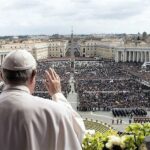
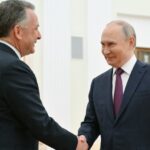



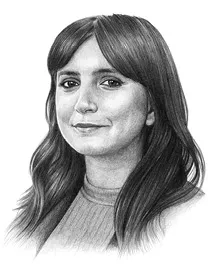
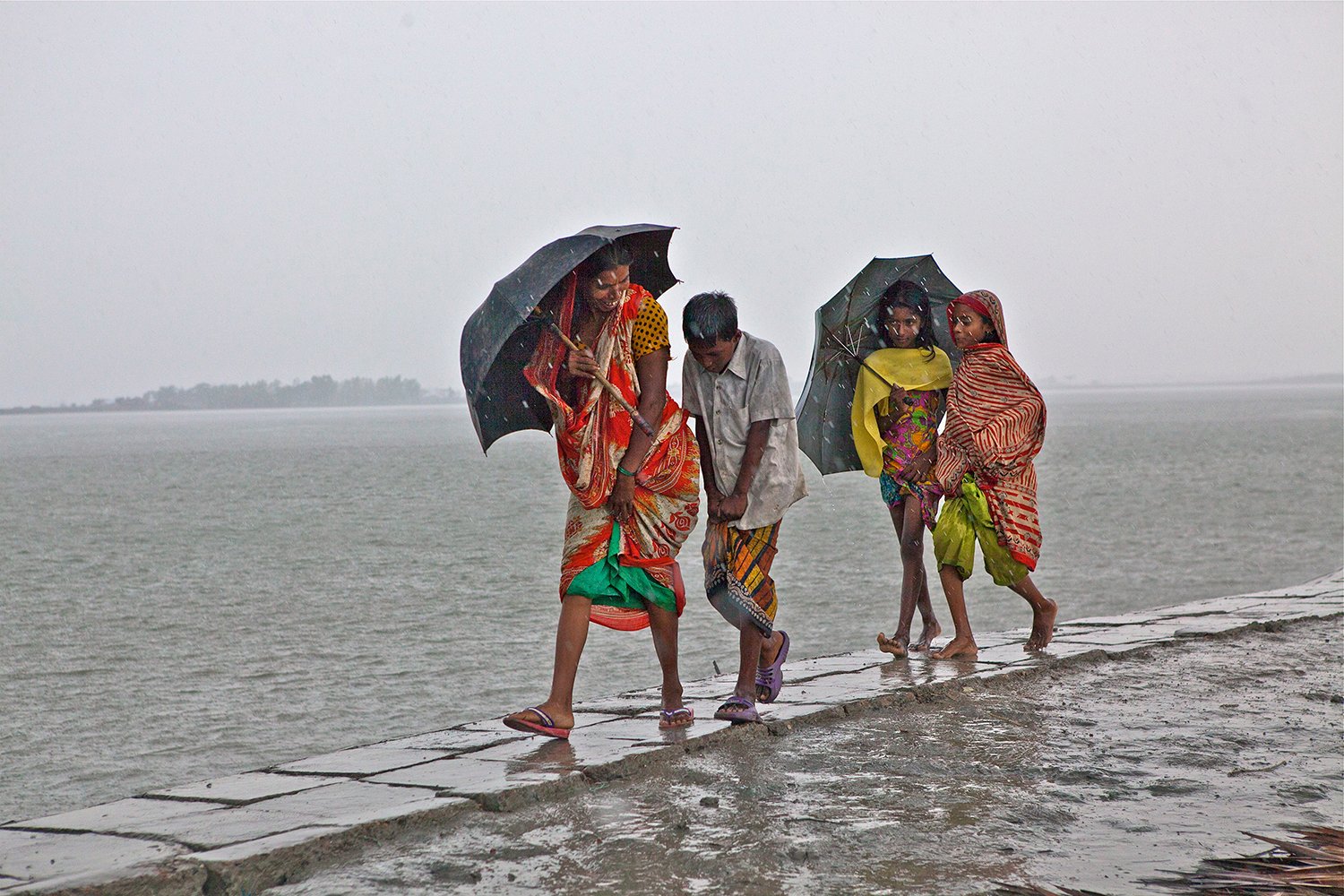
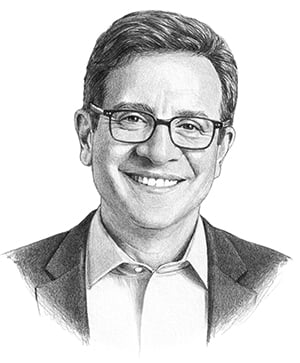
Join the Conversation
Commenting on this and other recent articles is just one benefit of a Foreign Policy subscription.
Already a subscriber?
.
Subscribe
Subscribe
View Comments
Join the Conversation
Join the conversation on this and other recent Foreign Policy articles when you subscribe now.
Subscribe
Subscribe
Not your account?
View Comments
Join the Conversation
Please follow our comment guidelines, stay on topic, and be civil, courteous, and respectful of others’ beliefs.
Change your username |
Log out
Change your username:
CANCEL
Confirm your username to get started.
The default username below has been generated using the first name and last initial on your FP subscriber account. Usernames may be updated at any time and must not contain inappropriate or offensive language.